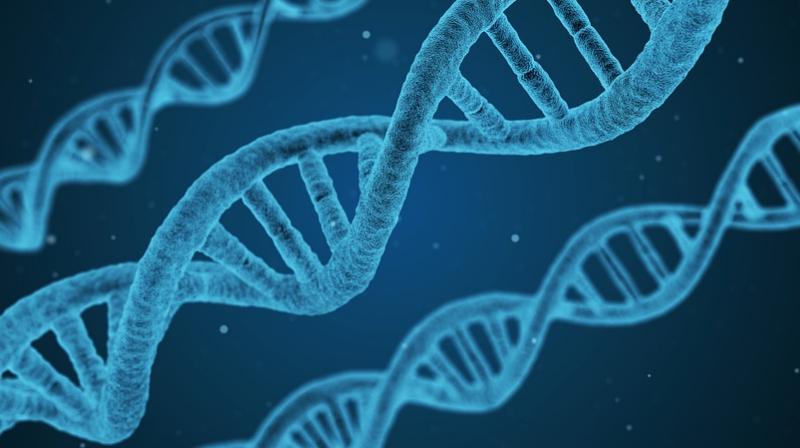CDFD to hold event on rare genetic diseases

The Centre for DNA Fingerprinting and Diagnostics (CDFD) will hold an event on January 2 to highlight the mission programme on paediatric rare genetic disorder (PRaGeD), a nationwide study aimed at raising awareness about rare genetic diseases in children. The programme aims to provide genetic diagnoses, discovering new genes and variants, offering counselling, and developing therapies for rare pediatric genetic diseases. In collaboration with 15 centres across India, CDFD is recruiting patients and their families to participate in this study.
The findings will help improve disease management, offer prenatal diagnosis, and support families. The study will also explore how new gene variants affect patients by testing them in model organisms, such as fruit flies, zebrafish, and mice.
Additionally, a database of genetic variants in Indian children will be created, providing valuable information for genetic testing, research, and diagnostics worldwide.
As of now, 1,493 patients have been enrolled in the programme, with 1,297 patients undergoing exome sequencing and 196 patients undergoing genome sequencing.
So far, 75 known pathogenic variants and 68 novel variants have been identified in cases that could potentially be solved. Currently, 26 variants are being studied in detail using cell-based tests to understand their impact. Among the genes under investigation are SERPINA11, AIMP2, SKT38L, OGFOD1, and PATJ.
In addition, neurodevelopmental disorders, such as microcephaly, are being explored for their genetic causes. Microcephaly is often caused by defects in genes involved in chromatin organisation and cellular processes. The MLL complex is particularly important in these processes and plays a key role in understanding these conditions.
A study by Dr Shweta Tyagi’s lab at CDFD focuses on the molecular causes of microcephaly and Wiedemann-Steiner Syndrome (WSS), a rare disorder linked to mutations in the MLL gene. WSS causes developmental delays, intellectual disabilities, microcephaly, and facial abnormalities.
Dr Tyagi’s team found that MLL mutations reduce the levels of proteins needed for forming microtubules, which disrupts the separation of chromosomes and causes instability in the genes. Genetic mutations can affect cellular function and contribute to neurodevelopmental disorders.
Another study by Dr Rashna Bhandari identified a new protein modification, pyrophosphorylation, that can influence cellular functions impacting blood sugar regulation, body weight control and male fertility.
Dr Tyagi and Dr Bhandari will be presenting their studies at the event and Dr Ashwin Dalal, principal investigator of the study, will be leading the conference.

